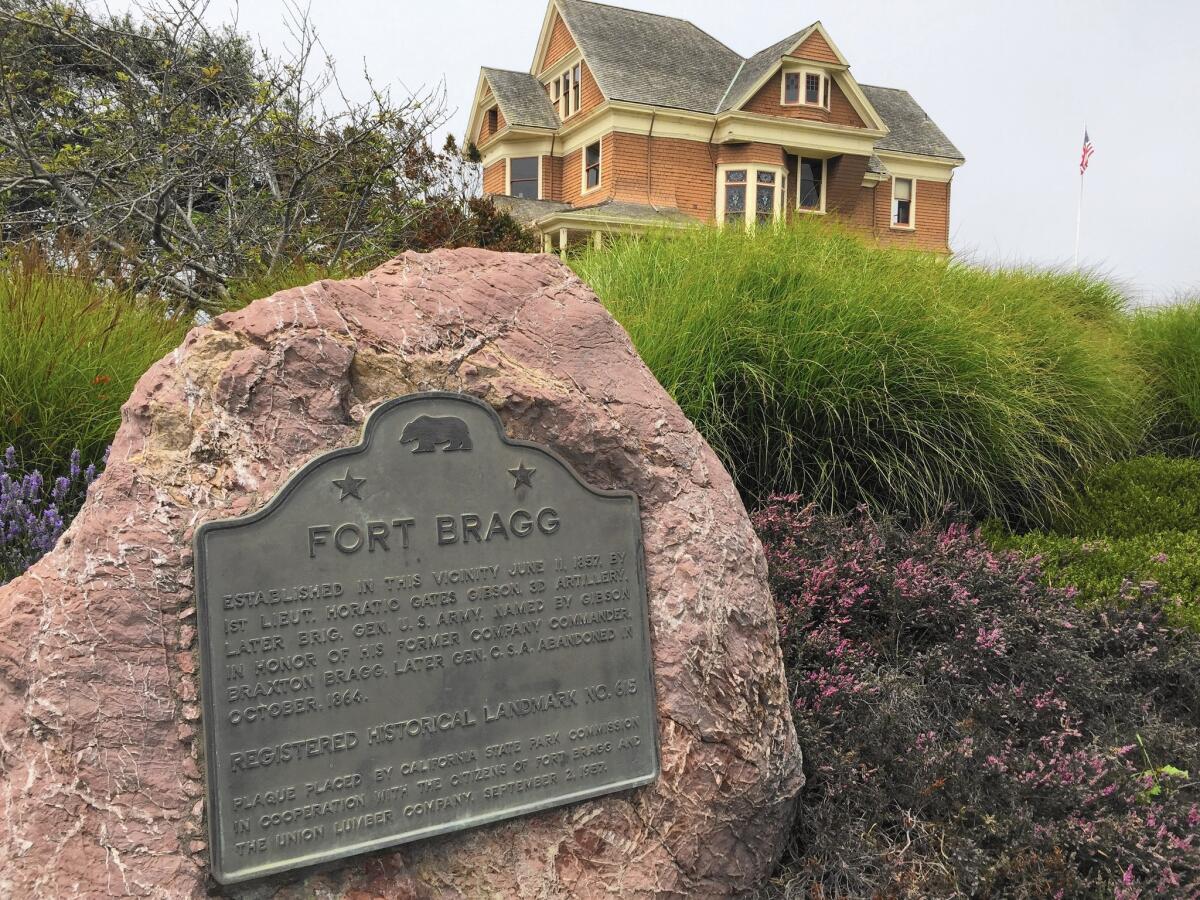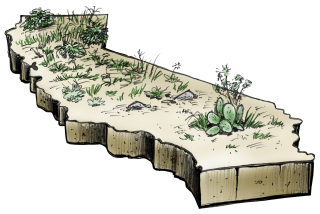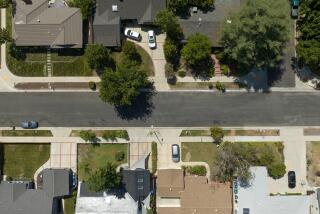Paper plates and plastic forks? Drought restriction rankles restaurants and diners

In Fort Bragg, Calif., a water-saving measure required restaurants to use disposable plates, cups and flatware.
- Share via
Four years of drought have forced most Californians to shoulder some inconvenience. Homeowners have had to watch their lawns go brown, city halls have turned off their ornamental fountains and hotels have had to implore their guests to use their towels twice.
But in the small city of Fort Bragg, an unusual new water rule has thrust the north coast town into the state’s drought spotlight.
Almost two weeks ago, the Fort Bragg City Council declared a Stage 3 Water Emergency, which among other measures requires restaurants to use disposable plates, cups and flatware to cut back on water used to wash dishes.
Water and Power is The Times’ guide to the drought. Sign up to get the free newsletter >>
Some local restaurant owners and residents called the restriction draconian. They worried about massive piles of trash, reduced hours for dishwashers and whether the rule would actually save much water.
“To comply with this requirement would be a largely symbolic act rather than an effective and legitimate water-saving technique,” wrote Susan Larsen, owner of The Restaurant, in a letter to the City Council. “But the burden of complying is far greater than the value of the symbol and there are so many other ways for the entire community to help ease the situation.”
Amid the blowback, the council is scheduled to receive an update about the new water use rules Tuesday night. Residents and business owners have been invited to comment and the council could soften or even remove the restaurant requirement.
City officials say many members of the community have supported the rules.
“You draw up a plan for some sort of extreme circumstance … but you really don’t know how it will all play out,” said Tom Varga, Fort Bragg’s public works director. “We have definitely received some criticism, but we haven’t had a lot of shouting or waving around of hands.”
The more than 7,000 residents of Fort Bragg may be among the first forced to dine off paper plates — though some Avalon restaurants have voluntarily opted to charge for them — but millions of Californians have faced cumbersome water restrictions for months.
Since June, more than 400 urban water districts have been required to cut their water use 4% to 36% compared with 2013 levels. To do that, many districts have forced residents to cut outdoor watering to two days a week, limit filling their swimming pools and to fix leaks.
In some of the hardest hit areas, public bathrooms have been shut down, laundry has been shipped away to be washed elsewhere and water has been rationed, with heavy penalties for excessive use.
Fort Bragg’s water shortage has become acute because the drought has caused the level of the nearby Noyo River to reach historic lows.
The river provides the city with about 40% of its water this time of year, Varga said, but in late September, high tides sent salt water from the ocean toward the pumps that draw from the river.
Because the flows were so low and weak, the salt water was able to enter the inlets and contaminate the river-water supply, rendering it useless for several days, Varga said. The city’s water system has little storage capacity, so when the river went off-line during the high tides, it was necessary to conserve even more, he added.
Officials say they are bracing for high tides again at the end of this month.
“We’re definitely charting uncharted territory here,” Varga said. “We are going to have to deal with the fact people are going to have to suffer a certain amount of pain.”
For restaurant owners and fine-dining connoisseurs, that pain has come in the form of plastic knives that some say can’t even cut through a New York strip steak.
Larsen, the restaurant owner, posted one of her letters to the council on Facebook, where it drew dozens of comments and hundreds of “likes.”
Several residents were quick to pass the blame to a different luxury that locals are less likely to enjoy.
“Hotel spas should be turned off during this time, absolutely!” one Facebook user wrote.
“For shame,” added another. “Big waste of water during emergency … situations.”
Twitter: @bymattstevens
Hoy: Léa esta historia en español
ALSO
Will USC employees drive more without a subsidy for transit passes?
50 years on, Cal State Dominguez Hills renews efforts to transform an underserved community
Gov. Jerry Brown targets his next priorities as he decides on final slate of bills
More to Read
Sign up for Essential California
The most important California stories and recommendations in your inbox every morning.
You may occasionally receive promotional content from the Los Angeles Times.











